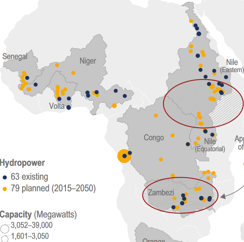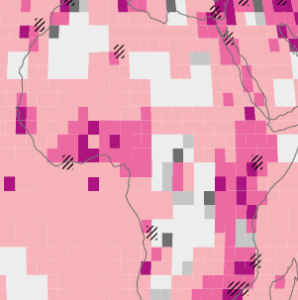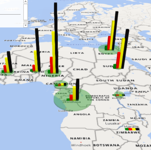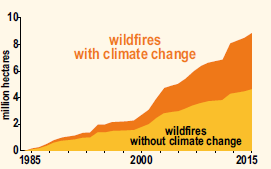Monday 7th November – Bulletin now available – sorry for the slight delay.

We estimate that over 50,000 young people saw our daily bulletins from COP26, aimed at putting the negotiations and the media and social media messages from them into a relevant context.
We’re not able to do the same from COP27, but RMetS Chief Executive Liz Bentley will be there and will record one bulletin prior to the start of the event. It should be on our YouTube channel in time for school on the morning of Monday 7th November.




